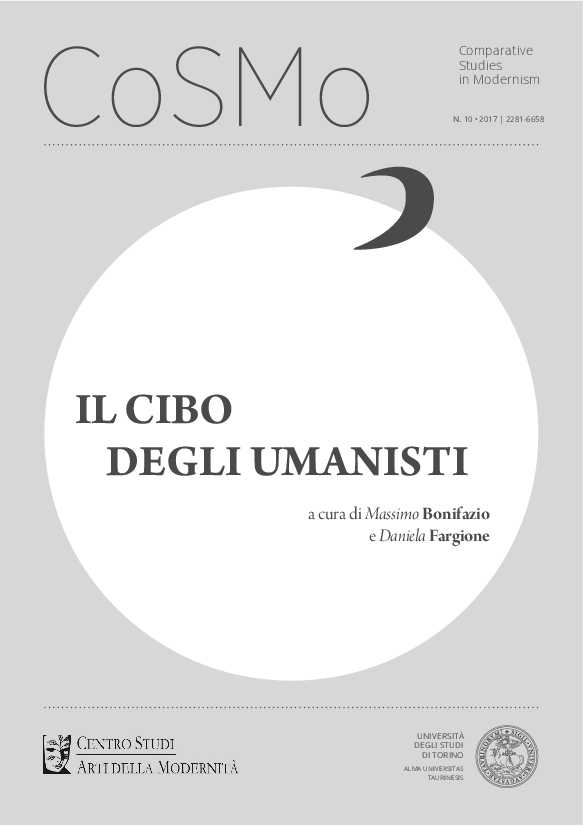Ethical Discourses on Food and Environment in Contemporary American Literatures
DOI:
https://doi.org/10.13135/2281-6658/2051Parole chiave:
Food exile, Alternative food movements, Food justice and sovereignty, Environmental humanities, EcocriticismAbstract
Also in the burgeoning field of environmental humanities, food has become an ideal site of critical debates, which are often intertwined with issues of race, class, ethnicity, gender, age, and species. Because of the growing awareness of our current ecological crisis, of the growing disparity in wealth, and of the abrogation of both human and nonhuman rights connected to food production, distribution, access, and consumption, many writers have published works with the intent to condemn unsustainable food practices and politics. Contemporary American literatures represent a rich and diversified reservoir of case studies. In this article I analyze the contributions of two women writers, Barbara Kingsolver and Gloria Anzaldùa, as examples of different discourses on food. Each case illustrates some ethical issues and their implications for diverse stakeholders in food systems.
Downloads
##submission.downloads##
Pubblicato
Fascicolo
Sezione
Licenza
Gli autori mantengono i diritti sulla loro opera e cedono alla rivista il diritto di prima pubblicazione dell'opera, contemporaneamente licenziata sotto una Licenza Creative Commons - Attribuzione che permette ad altri di condividere l'opera indicando la paternità intellettuale e la prima pubblicazione su questa rivista.






